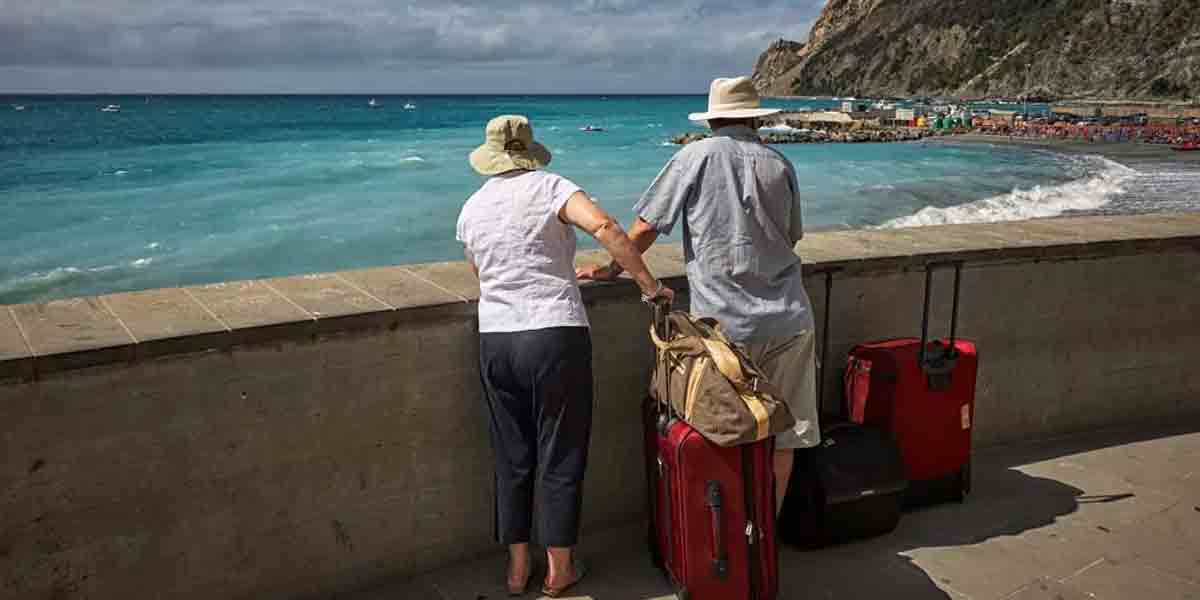
By Jennifer P. Rendon
The success of the anti-insurgency campaign in the Visayas owes a significant debt to the National Task Force to End Local Communist Armed Conflict (NTF-ELCAC), according to Lieutenant General Benedict Arevalo, chief of the AFP Visayas Command.
He emphasized that the NTF-ELCAC, which has been accused of red-tagging and vilifying activists and even journalists, has been a pivotal factor in the nation’s 52-year struggle against insurgency.
“I don’t see the point of abolishing it. This is the difference from the other campaigns in the past,” he stated.
Arevalo suggested that the success of the NTF-ELCAC might be why leftist groups and their advocates are attempting to discredit the task force.
Despite criticism, the NTF-ELCAC has proven to be an essential component in the government’s fight against local terrorism.
“We have always said that the insurgency wouldn’t be solved by guns and bullets alone,” he remarked.
With the NTF-ELCAC, Arevalo noted that they have demonstrated it is through development, the concerted efforts of local government units, the national government, and the whole community working in unison that can address the issue.
“Of course, the biggest component is pursuing the armed groups. But that won’t be enough. What comes next after that?” he questioned.
Reflecting on the past, Arevalo mentioned that when he was a young lieutenant, they would encounter hostilities three to five times a week. Now, the frequency has significantly diminished.
In terms of engagement, he pointed out that 99 percent are initiated by the government.
“Meaning, the initiative is with us. We want to engage them, to beat them. Unlike before, when it was like a 60:40 ratio in favor of the government. When we hit them, they would hit back, but now, they can hardly do that,” he explained.
Executive Order No. 70, signed on December 4, 2018, by former President Rodrigo Duterte, established the NTF-ELCAC. The order was intended to address the root causes of insurgency and increase public awareness of the ongoing communist rebellion in the country.
It has been accused of allegedly red-tagging or vilifying some groups and persons who have been critical of the government, particularly during the Duterte administration. Several journalists in the provinces were also dragged in the red-tagging.






















